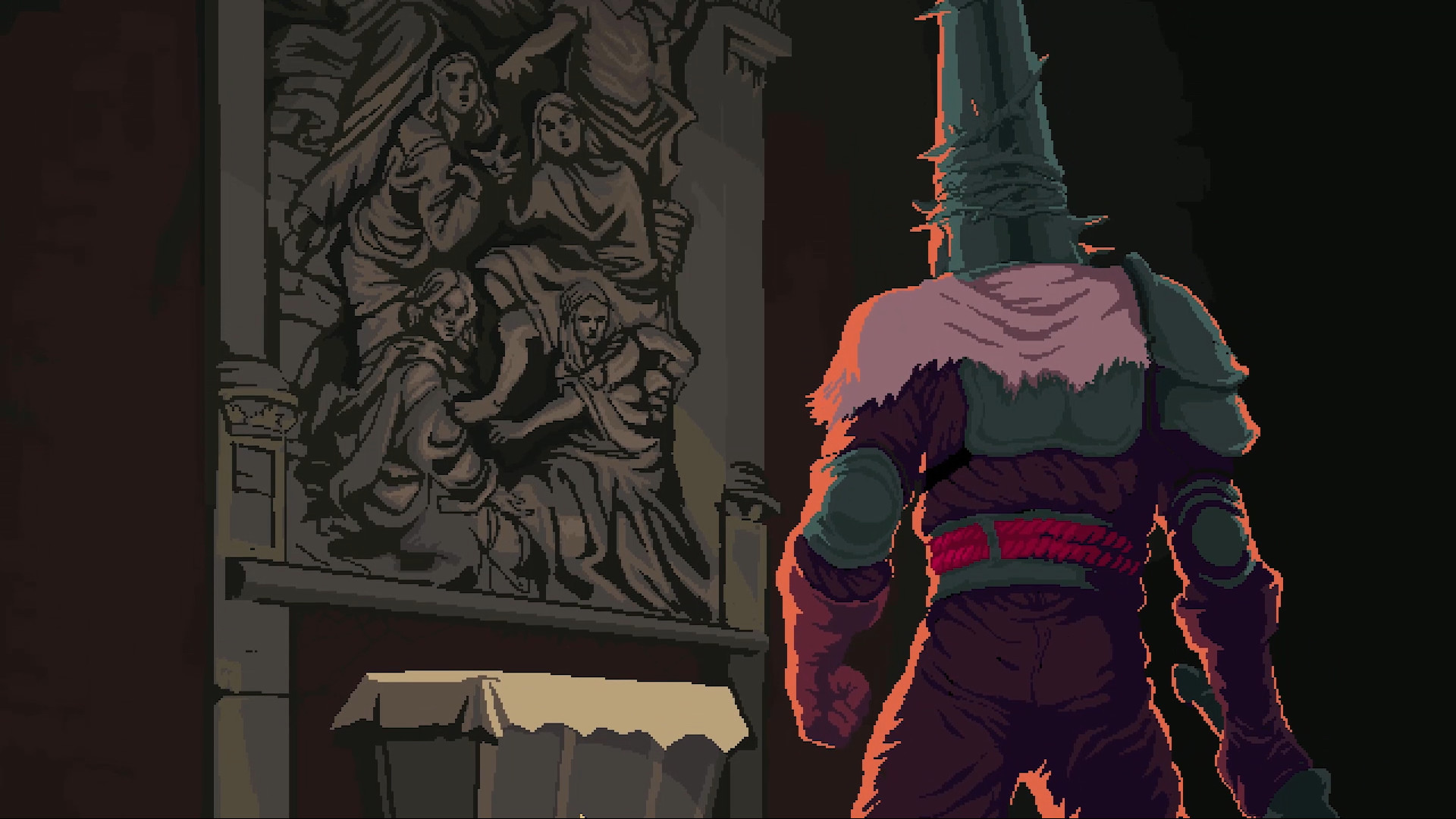

But such a notion as this is not modern at all. They evidently regardĪll the things contained in the Catholic Church as so much lumber, to be cast forth on to the scrap-heap, to make room for a brand-new and up-to-date Modernist 'religion,' diametrically opposed to the Catholic Creed, and completely in agreement and conformity with the 'inner sentiment' and 'vital immanence' of each and every deluded fanatic that chooses to evolve them from his inner consciousness - in fact, a sort of Modernist 'home-spun' derived in principle from Kant, in Germany, and to be further 'modernized' as time goes on. In fact, there is nothing within the whole range of Catholicism that these men do not wish to do away with. They have the impertinence and monstrous conceit of thinking and speaking as if God the Holy Ghost had been waiting for more than nineteen centuries for Modernist 'teachers' to appear on the scene, and tell Him how He should guide and teach and rule the Church. They are guilty before God of endeavouring, like many before their time, to start a new religion, completely different in every detail from the one true religion our Saviour made and left to endure till the end of the world. Their work is more fitly called 'deformation.' There is no reformation in it. Modernists pose as reformers, but they are bogus ones - i.e., deformers. Modernism is a blasphemous attempt to deform Christianity. It is a sign most significant of the complete triumph of the Catholic Church over this 'New Theology' that such journals are so disturbed and betray such uncontrolled anger. An indirect one is afforded by the hatred and spiteful attitude of a couple of rather inferior Anglican weeklies, not much valued or well spoken of by the vast body of Anglicans, and which papers, if they continue to uphold as martyrs the Modernists, will overreach themselves and help many Anglicans who areĭisgusted with the support such Anglican weeklies give to every form of error and 'New Theologies' to leave the 'City of Confusion' and enter the Catholic Church. There is a direct one from the cordial manner all the Catholic Bishops have received it especially noteworthy is the beautiful letter on the subject, addressed to the Pope from all he Catholic Bishops and the Archbishops and priests of the Catholic Church in Ireland.

Two recent signs of the grand triumph achieved by the Pope's Encyclical, condemning Modernism have occurred soon after its publication. Modernism is Condemned Because it is a Blasphemous Effort to Deform Christianity The late-century example of Salman Rushdie's The Satanic Verses affords, finally, a demonstration of how modernism persists in postwar anglophone literature and of the critical role blasphemy plays in that persistence.īlasphemous Modernism thus resonates with the broader cultural and ideological concerns that in recent years have enriched the scope of modernist scholarship.IV. Blasphemy respects no division of church and state, and neither do the writers who wield it to profane all manner of coercive dogmas-including ecclesiastical as wellĪs more worldly ideologies of race, class, nation, empire, gender, and sexuality. More, their transgressions spotlight a politics of religion that has seldom engaged the attention of modernist studies. Eliot's verdict that the forces of secularization had rendered blasphemy obsolete in an increasingly godless century (a world in which blasphemy is impossible) their poems and fictions reveal how forcefully religion endured as a cultural force after theĭeath of God. United by a shared commitment to the word made flesh, writers such as James Joyce, Mina Loy, Richard Bruce Nugent, and Djuna Barnes made blasphemy a key component of their modernist practice, profaning the very scriptures and sacraments that fueled Rhetoric operates in, and as, literary modernism. Yet critics have paid surprisingly little attention to the related category of blasphemy-the rhetoric of religious offense-and to the specific ways this Scholars have long described modernism as heretical or iconoclastic in its assaults on secular traditions of form, genre, and decorum.


 0 kommentar(er)
0 kommentar(er)
